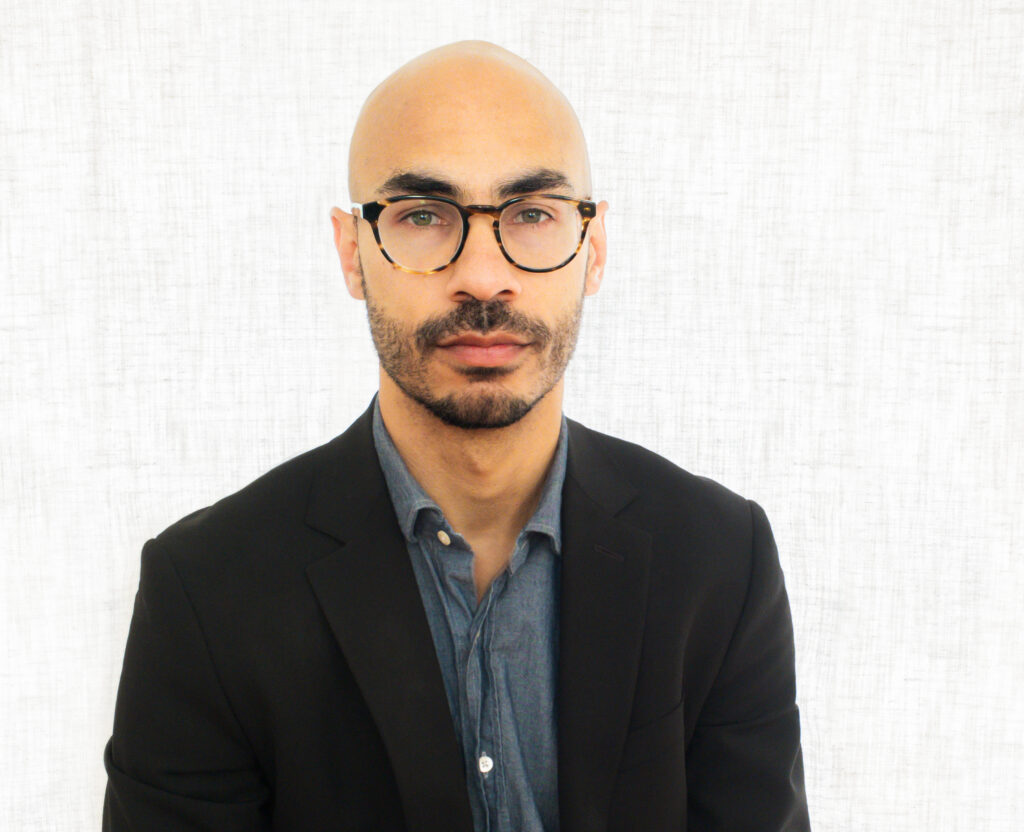Jesse McCarthy is an assistant professor in the Department of English and the Department of African and African American Studies at Harvard University. He is the author of the essay collection Who Will Pay Reparations on My Soul?—a Time and Kirkus Reviews Book of the Year—and The Fugitivities, a novel. His writing on culture, politics, and literature has appeared in The New York Times Book Review, The Nation, Dissent, The New Republic, and n+1. He also serves as a contributing editor at The Point. He lives in Cambridge, Massachusetts.
***
From “Notes on Trap”:
Trap is what Giorgio Agamben calls, in The Use of Bodies, “a form-of-life.” As it’s lived, the form-of-life is first and foremost a psychology, a worldview (viz. Fanon) framed by the inscription of the body in space. Where you come from. It never ceases to amaze how relentlessly black artists—completely unlike white artists, who never seem to come from anywhere in their music—assert with extraordinary specificity where they’re from, where they rep, often down to city, zip code, usually neighborhood, sometimes to the block. Boundedness produces genealogy, the authority of a defined experience. But this experience turns out to be ontology. All these blocks, all these hoods, from Oakland to Brooklyn, from Compton to Broward County, are effectively the same: they are the hood, the gutter, the mud, the trap, the slaughterhouse, the underbucket. Trappers, like rappers before them, give coordinates that tell you where they’re coming from in both senses. I’m from this hood, but all hoods are the hood, and so I speak for all, I speak of ontology—a form-of-life.
The peculiar condition of being ceaselessly co-opted for another’s profit could arguably point to an impasse, to despair. But here’s the counter: the force of our vernacular culture formed under slavery is the connection born principally in music, but also in the Word, in all of its manifold uses, that believes in its own power. That self-authorizes and liberates from within. This excessive and exceptional relation is misunderstood, often intentionally. Black culture isn’t “magic” because of some deistic proximity of black people to the universe. Slavers had their cargo dance on deck to keep them limber for the auction block. The magic was born out of a unique historical and material experience in world history, one that no other group of people underwent and survived for so long and in such intimate proximity to the main engines of modernity.
One result of this is that black Americans believe in the power of music, a music without and before instruments, let alone opera houses, music that lives in the kinship of voice with voice, the holler that will raise the dead, the power of the Word, in a way that many other people by and large no longer do—or only when it is confined to the strictly religious realm. Classical European music retained its greatness as long as it retained its connection to the sacred. Now that it’s gone, all that’s left is glassy prettiness; a Bach isn’t possible.
Meanwhile, in the low life of blackness, there is a running fire that even in the midst of its co-optation exceeds the capacity of the system to soak it up. Mozzy is not a tragedian for the ages, but he is closer to the spirit of tragedy, as Sophocles understood it, than David Mamet.
The people who make music out of this form-of-life are the last ones in America to care for tragic art. Next to the black American underclass, the vast majority of contemporary art carries on as sentimental drivel, middlebrow fantasy television, investment baubles for plutocrats, a game of drones.
from The Paris Review https://ift.tt/iM9Fegt

Comments
Post a Comment